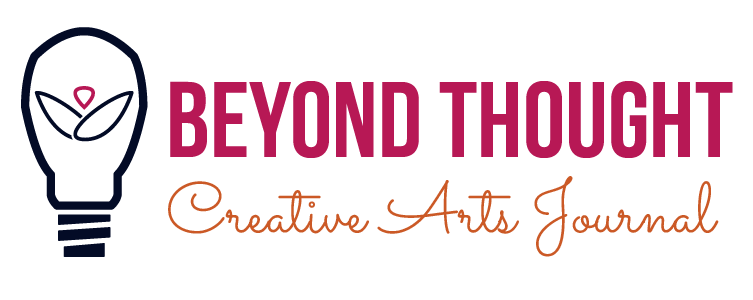Blogging Beginnings
(Cover image by Natalie Hernandez)
Have you ever wanted to write a blog before? Looks easy enough, right? It’s just a few words on a computer screen.
But that’s only the surface of it. Blog writing is a lot deeper than you may think. Depending on what or why you are writing, a blog can take you to creative places you have never even imagined. This immense potential, while seemingly freeing, can also be overwhelming.
That’s why I wanted to produce a one-stop shop for all your blog writing needs. Whether you're a burgeoning beginning or self-credited master, this post can help you anywhere along the way.
Beginnings
When it comes to pursuing creative endeavors, finding the spot to begin can often be the most difficult part of the process. However, let me elucidate you to something: There is no starting point! A lot of people think that they will encounter the starting point as if it was a sign. In reality, the starting point is something you make. You have to think to yourself “Okay, now I will start making a blog post.” When acting creatively, it is on you to begin working towards a creation you are proud of.
Content
With that said, you now have the desire to write, but what will you be writing about? Again, that’s a question only you can answer. If you were to search online for blogs, you would find near-infinite results. Each post comes from a person that had a goal. For example, an artist may use an internet blog to promote their work, or a business analyst may want to make a sports blog, something outside their expertise, because they like sports a lot. Remember: When it comes to you, it's up to you. Think of things that you want to share with others. It could be something that’s very near and dear to you, a new topic that prompts you into extensive research, or it could be anything in between. You just need to be genuinely interested, which is important to remember because disinterest is often the quickest way to derail a creative project for both you and the audience.
Audience
Speaking of the audience, the people who see your blog is another major part of the process, but it should not be dominating. As you may have guessed, blog writing is writing for an audience. Your blog post will be on the internet, where anyone can find it. That includes friends, family, teachers, current and future employers, and many more. It is up to you to be aware of your audience, both known and unknown, and curate your post with consideration for them. Make sure to think about what your post is saying explicitly and implicitly to avoid future embarrassment or condemnation. Your ownership of your writing means you have to be responsible for it. But with that said, you should also not be afraid of your audience. Your blog is still your creation, and given the vastness of the internet, it will have an audience that will appreciate it, as well as one that will critique it.
Technique
As you are writing, you will likely find that you have certain techniques. For me, I like to start with one idea that I can strongly visualize and express in the intro, then produce the following text depending on what I see fit. For example, with this very post I knew that I wanted to make a tutorial on blog writing, which I expressly state in the introduction. Having done that, I began to fill out the rest with points and tips that I thought would be helpful to my audience. I call this the Lake-River Method. You start with your lake, which is the main idea you have. Then, that idea produces points that you want to make, like how a river flows from a lake. This approach makes blog writing more procedural than rigid, which can be helpful for new writers unsure about what they want to cover.
Editing
It also allows you to avoid editing while you write, which can stop the natural flow of your work. Writing and editing are two separate parts of the blogging experience, and they should be consciously separated. The reason for this is that writing is a creative skill, while editing is more technical. However, both deserve equal respect. When you edit, be sure to exploit every resource at your disposal: style guides, advice columns, and peer readers are all on the table. Also, once you finish editing draft one, don’t be afraid to make another draft, and another one after that and so on. Remember, writing is like a river from a lake. Think of your drafts as bends in the river, taking your writing to new and exciting places.
Endings
Now comes the tricky part: determining when you are done. Oftentimes, you will have a due date, but before then you may be uncertain when to actually finish your writing. First, always be sure to follow and respect due dates. If your blog was commissioned by someone else, make sure to follow their requirements for the project Second, the ending may come naturally to you. Try rereading what you have, as that can tell you if enough has been said. Third, if you can’t determine when to finish, ask others for advice. Sometimes the best thing for your writing is another set of eyes!
These tips are important points to follow when you write, but keep in mind that they are not the end all say all. As you write, you will learn more from practice than you will from advice. Now, it is time for you to start blogging. You know what to do and are ready to learn even more than you expected. If you have ever wanted to write a blog, now is your time.

